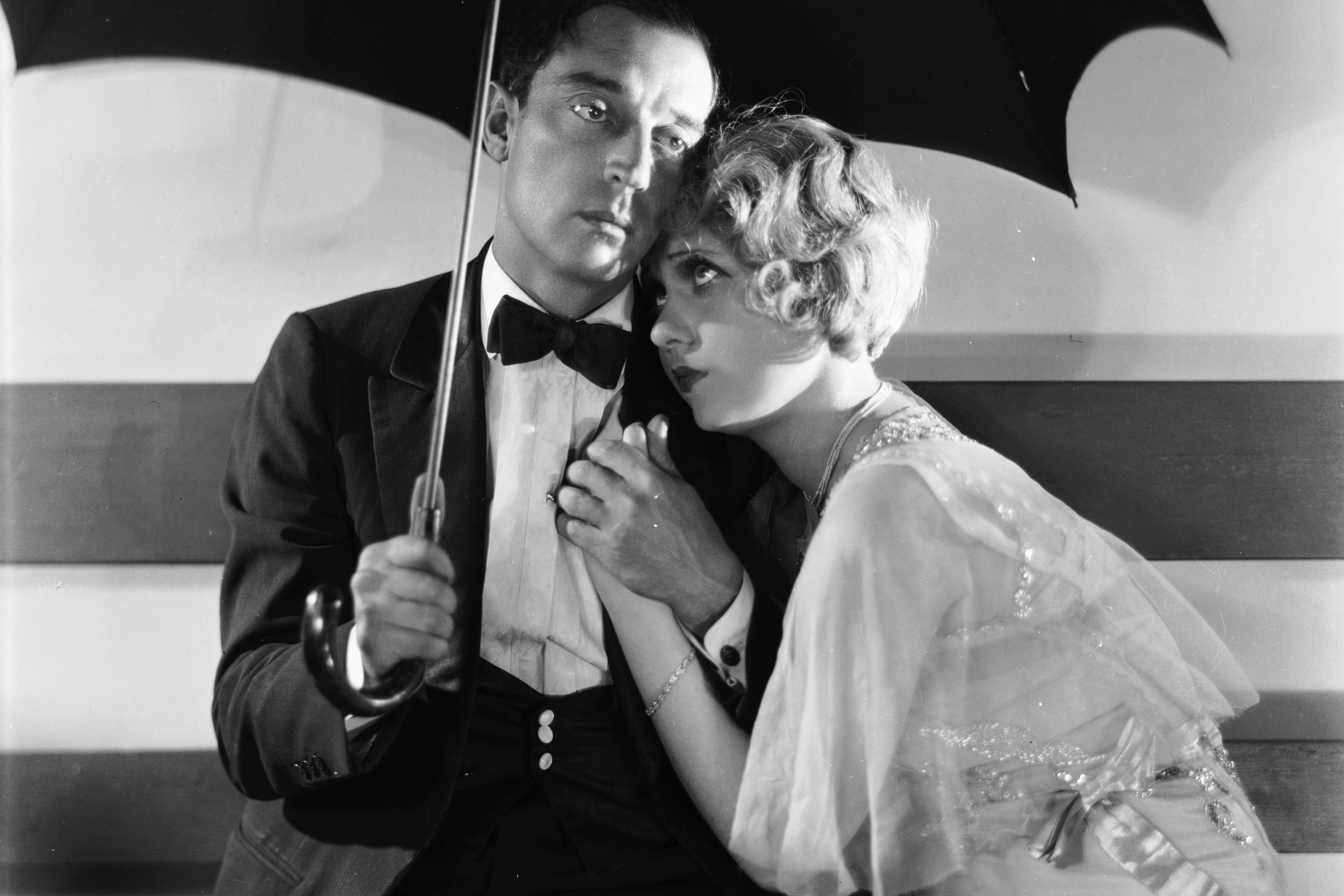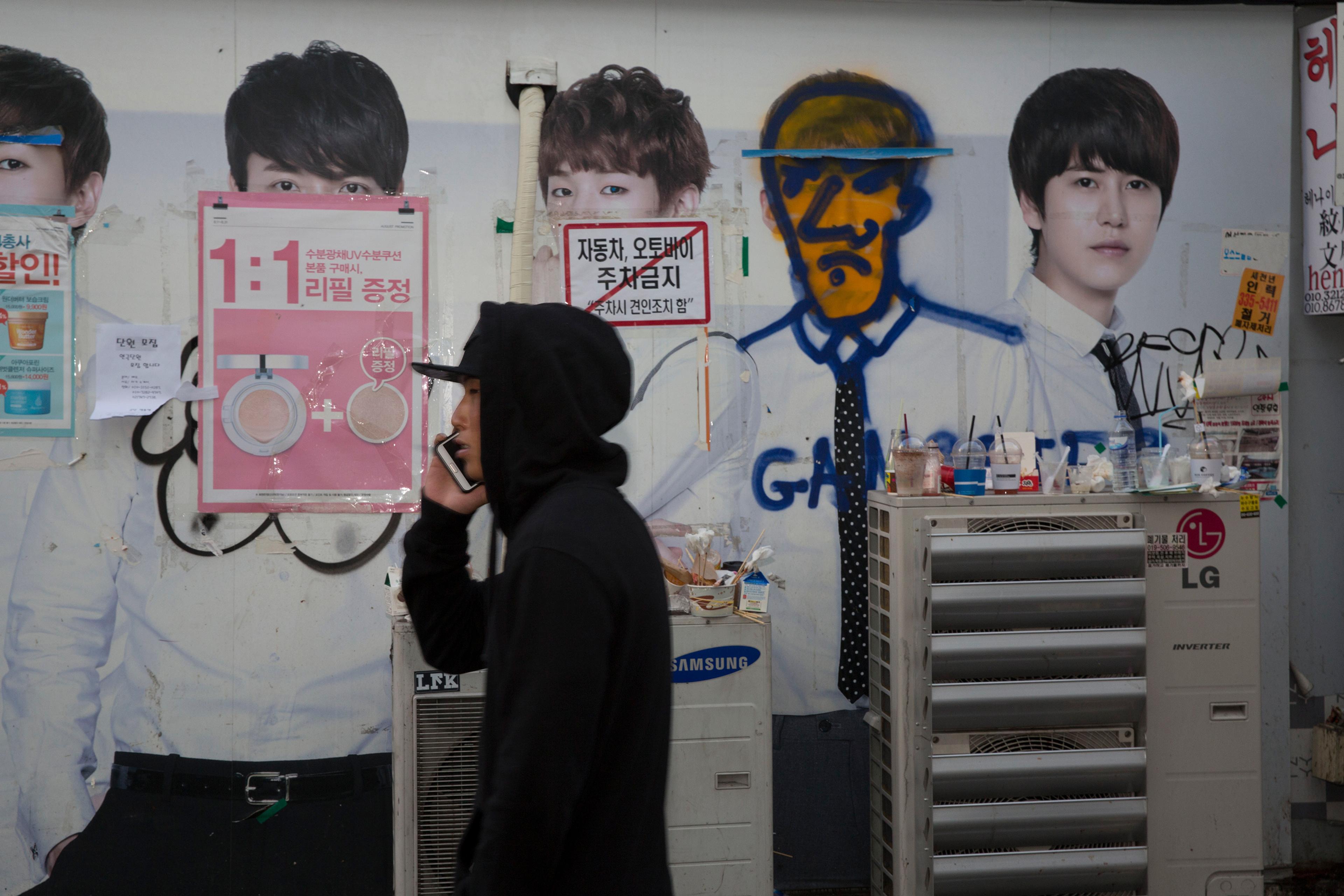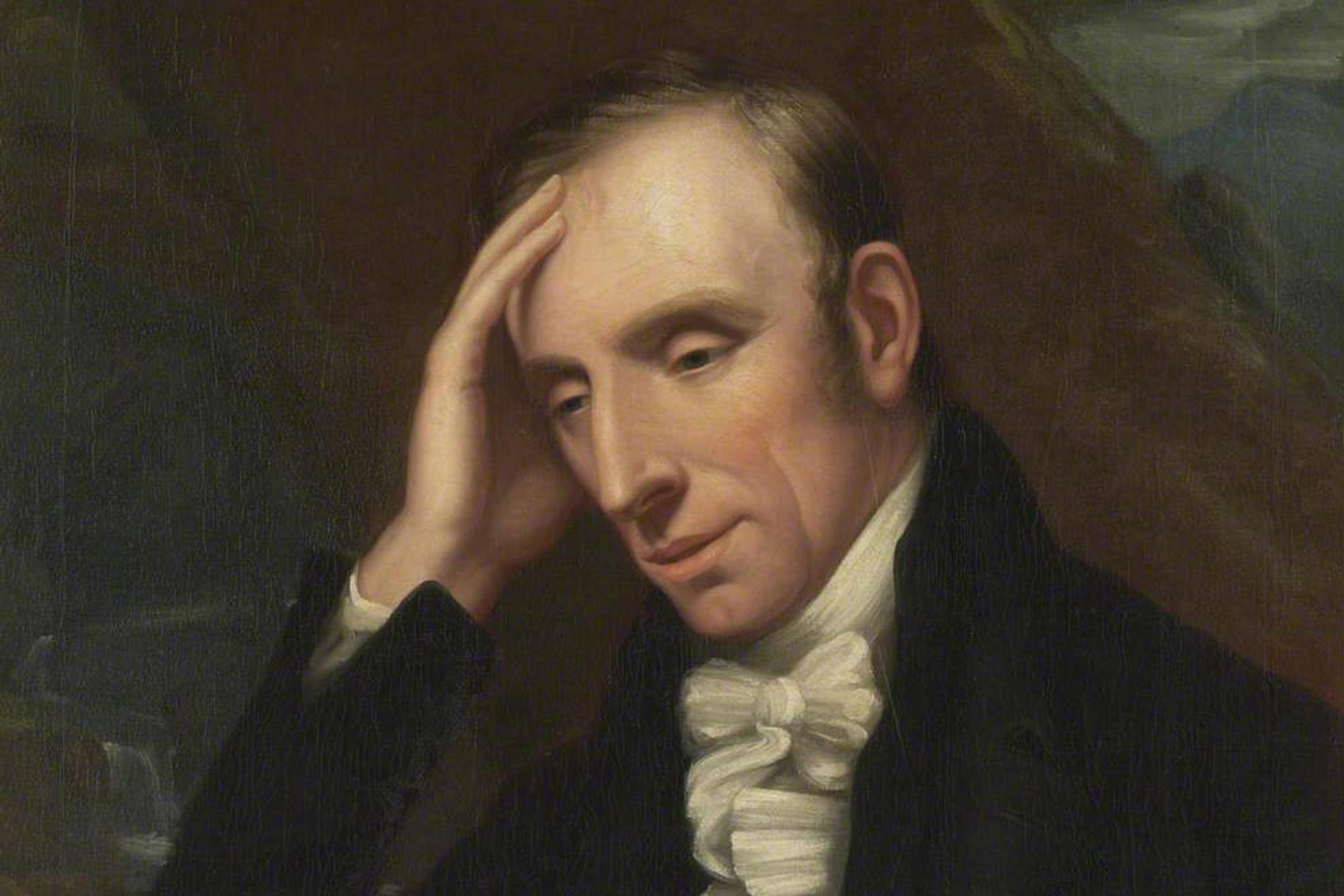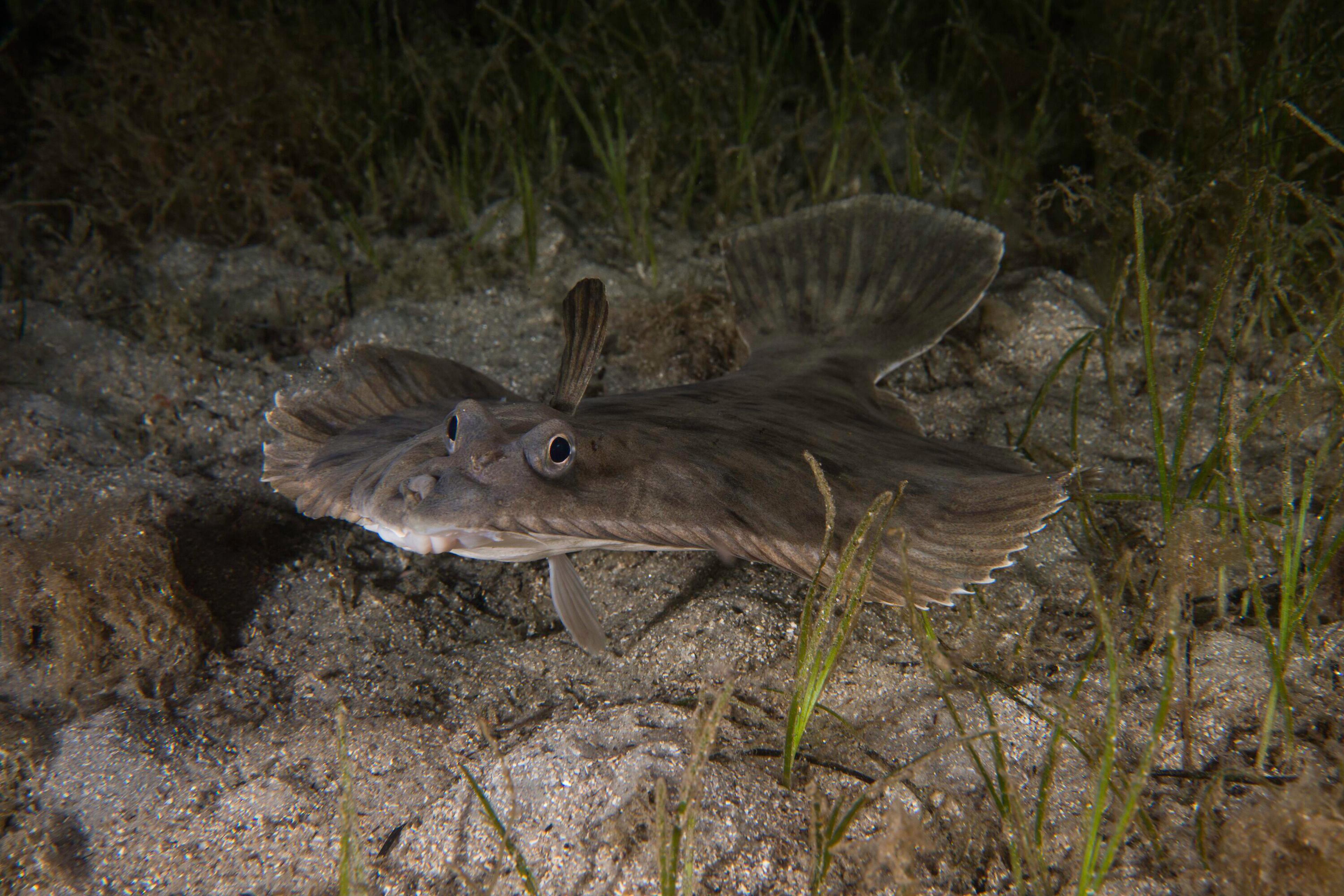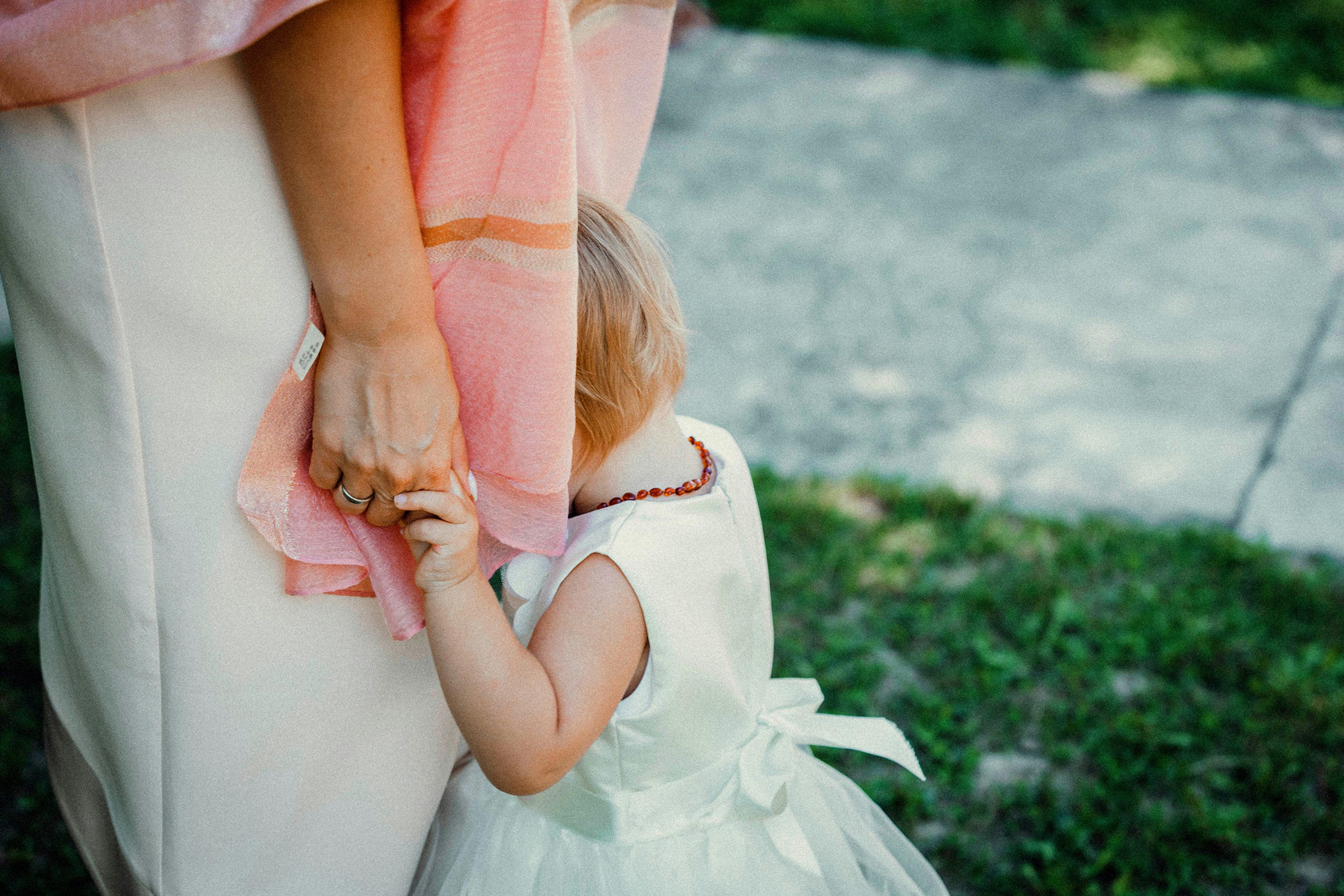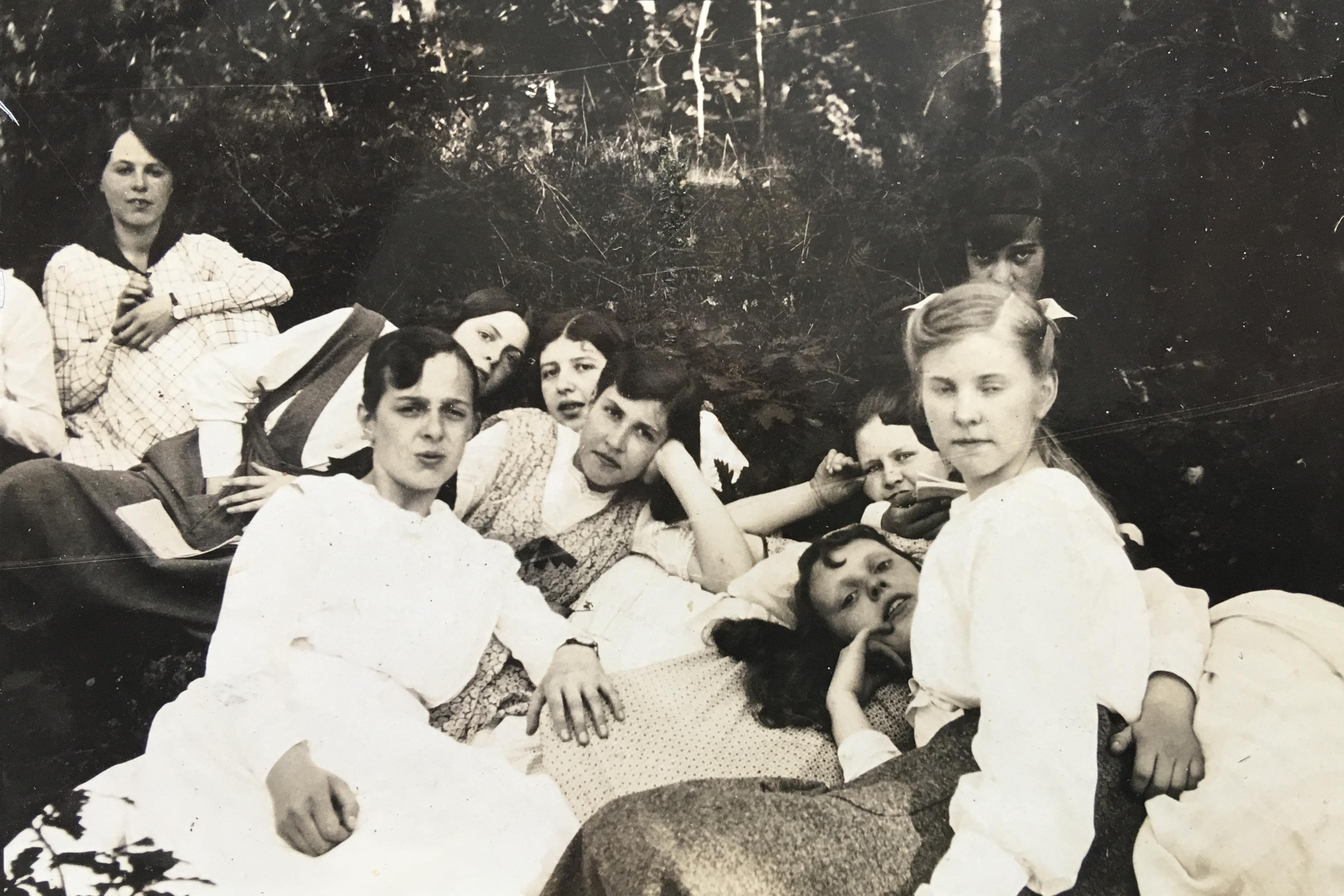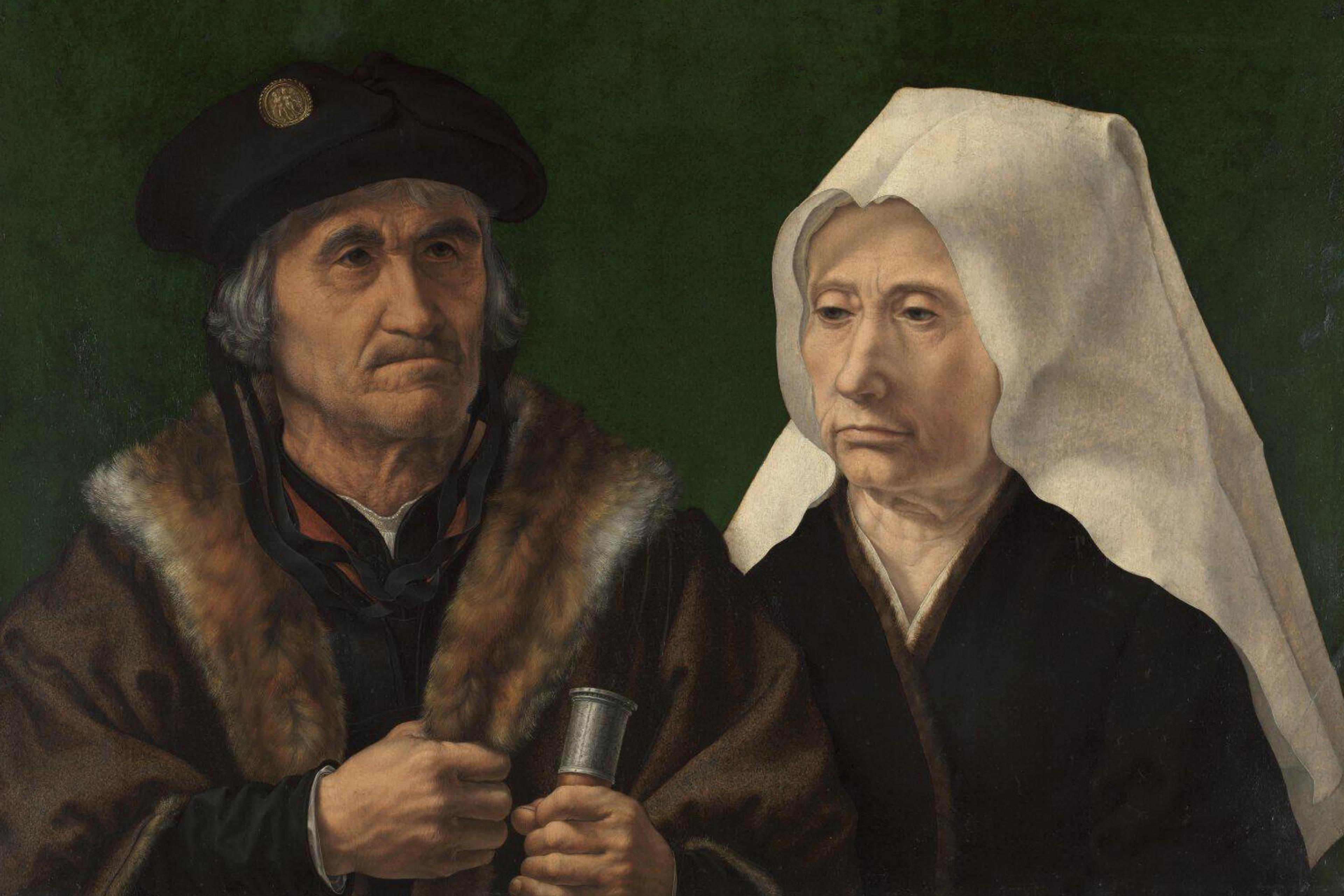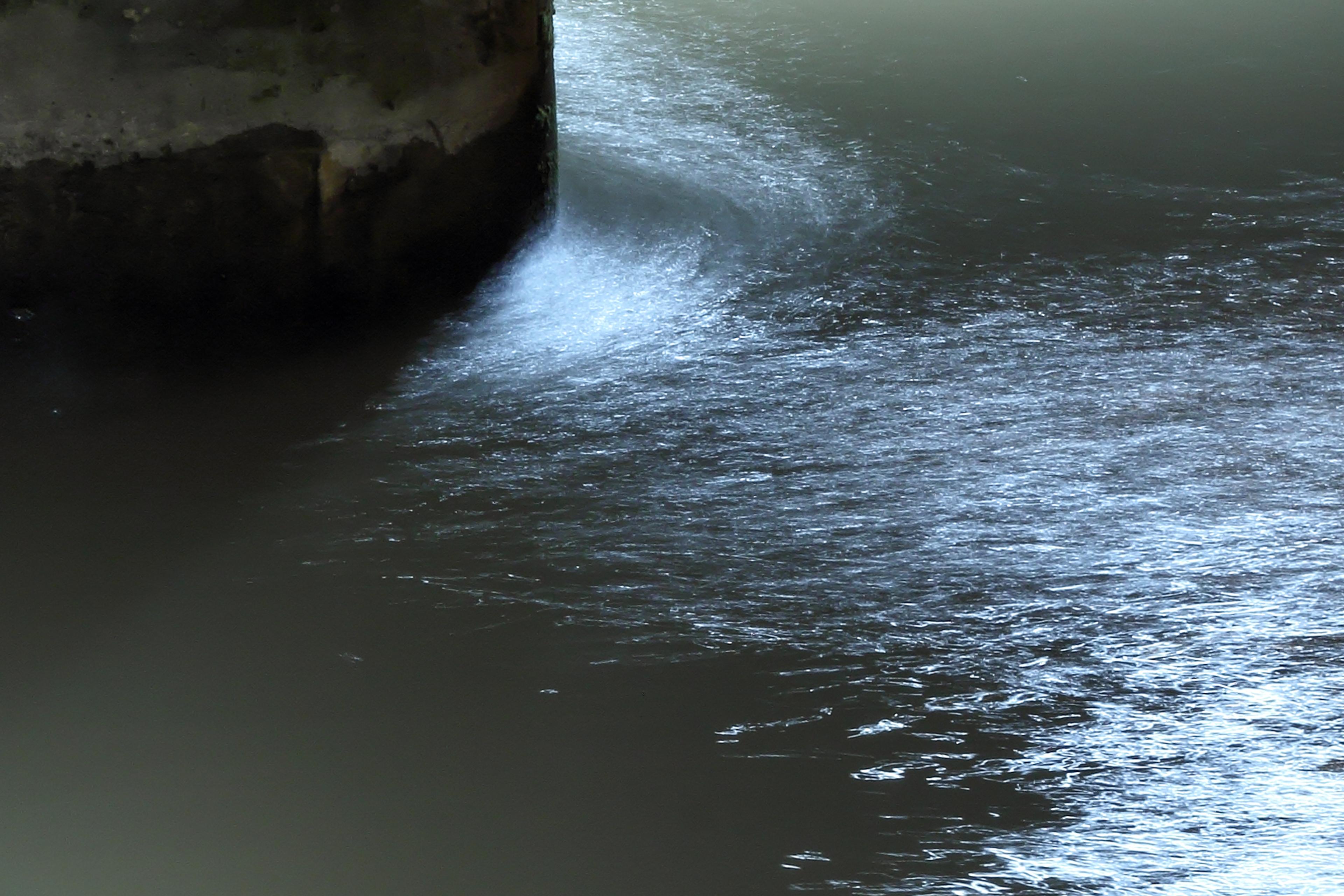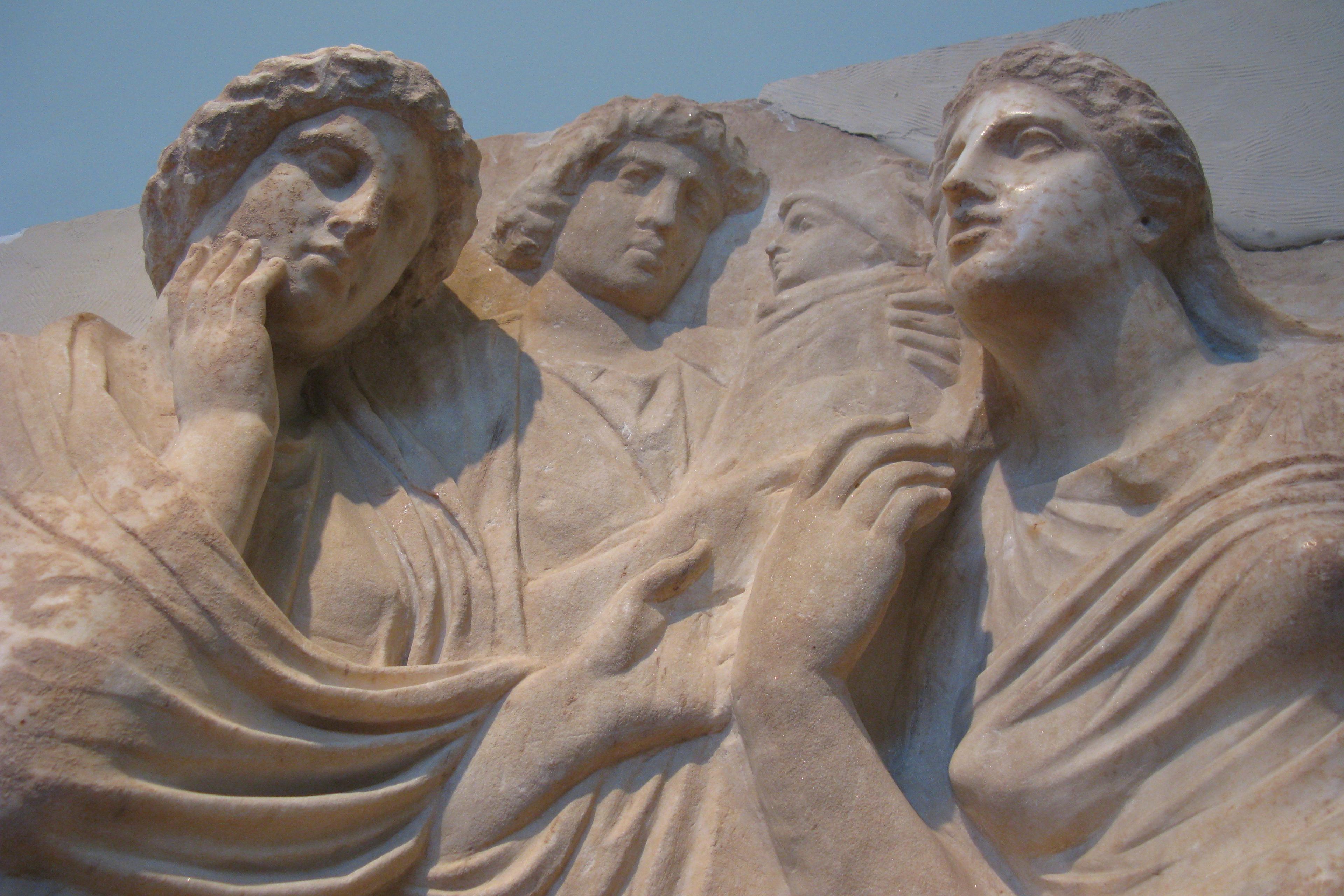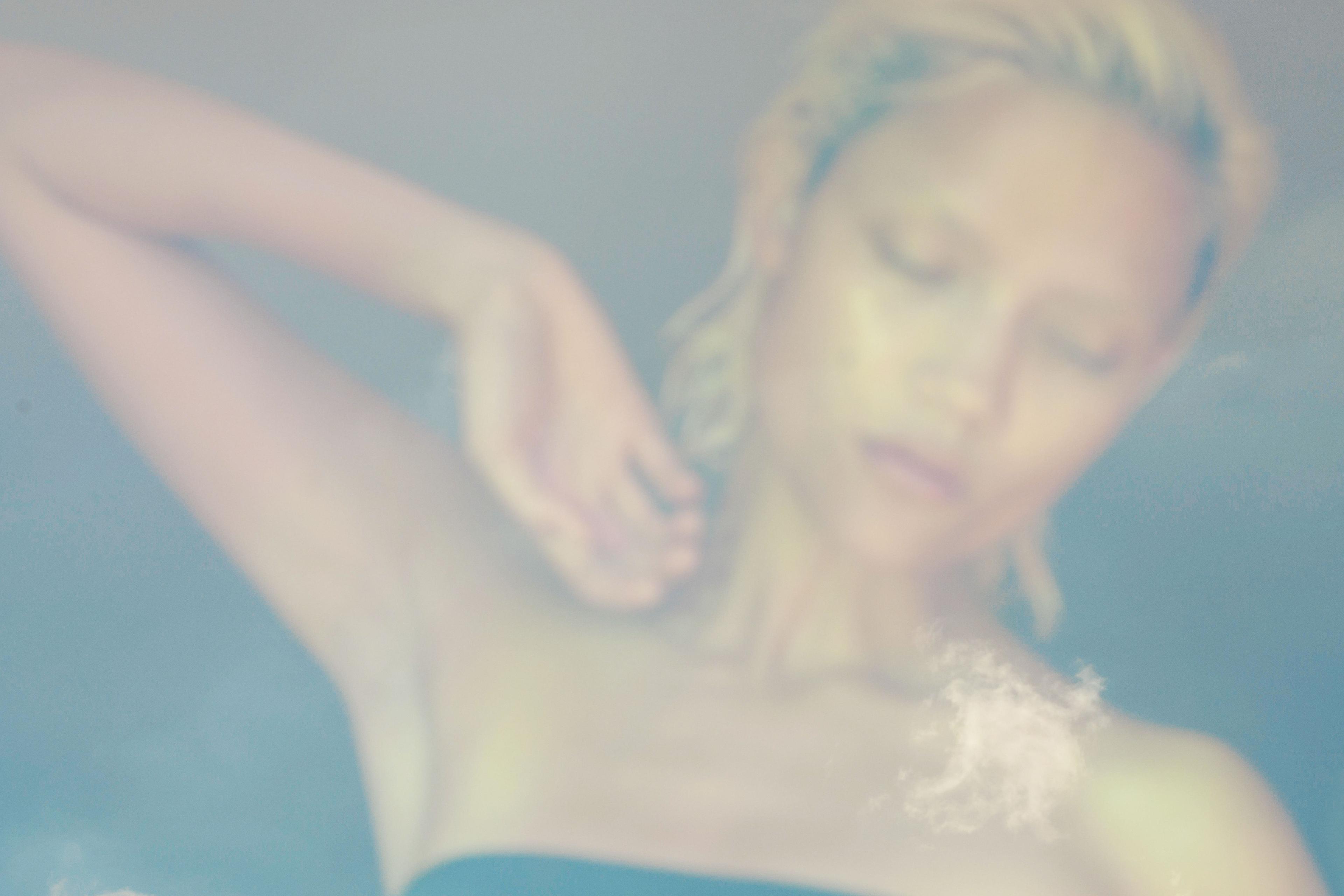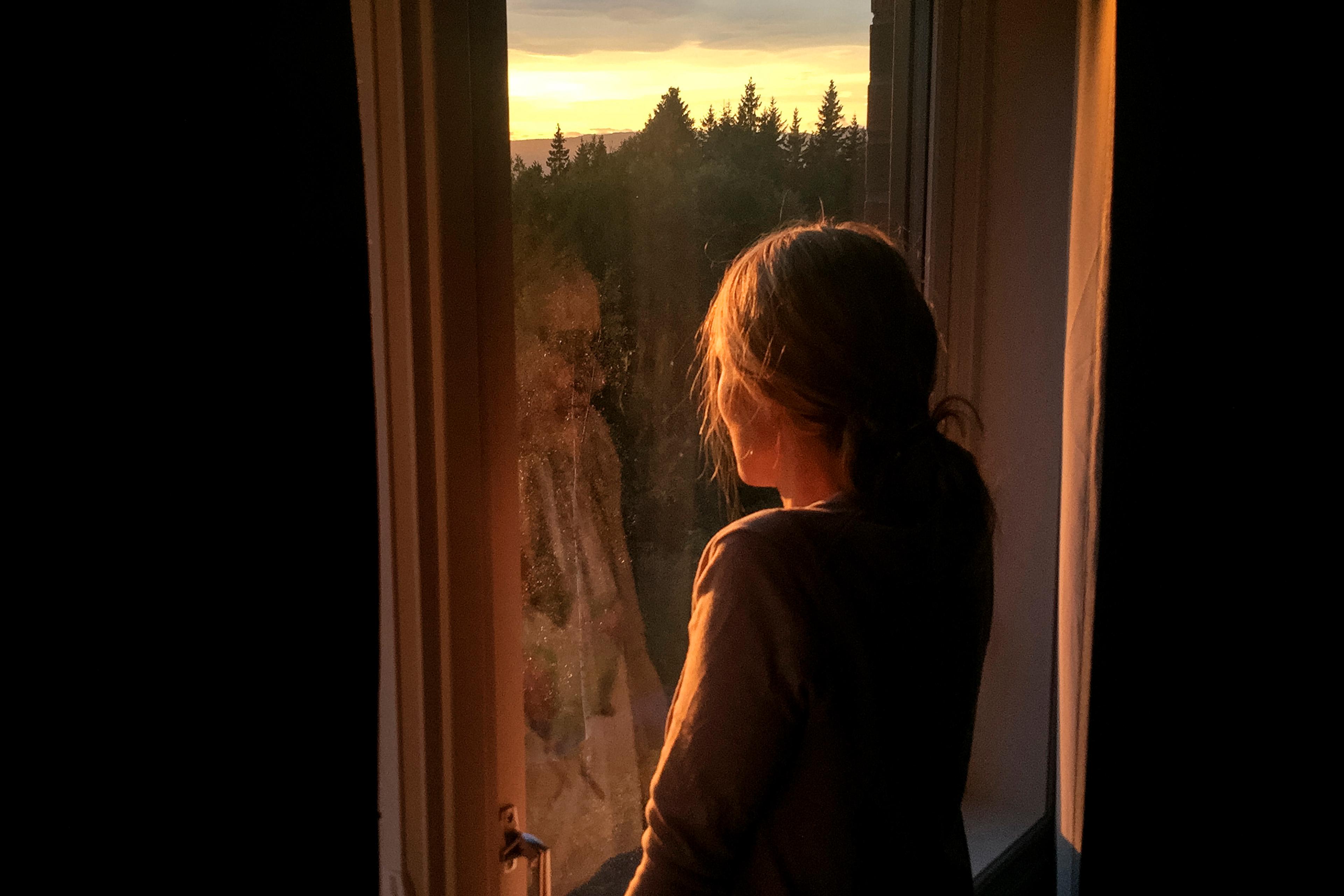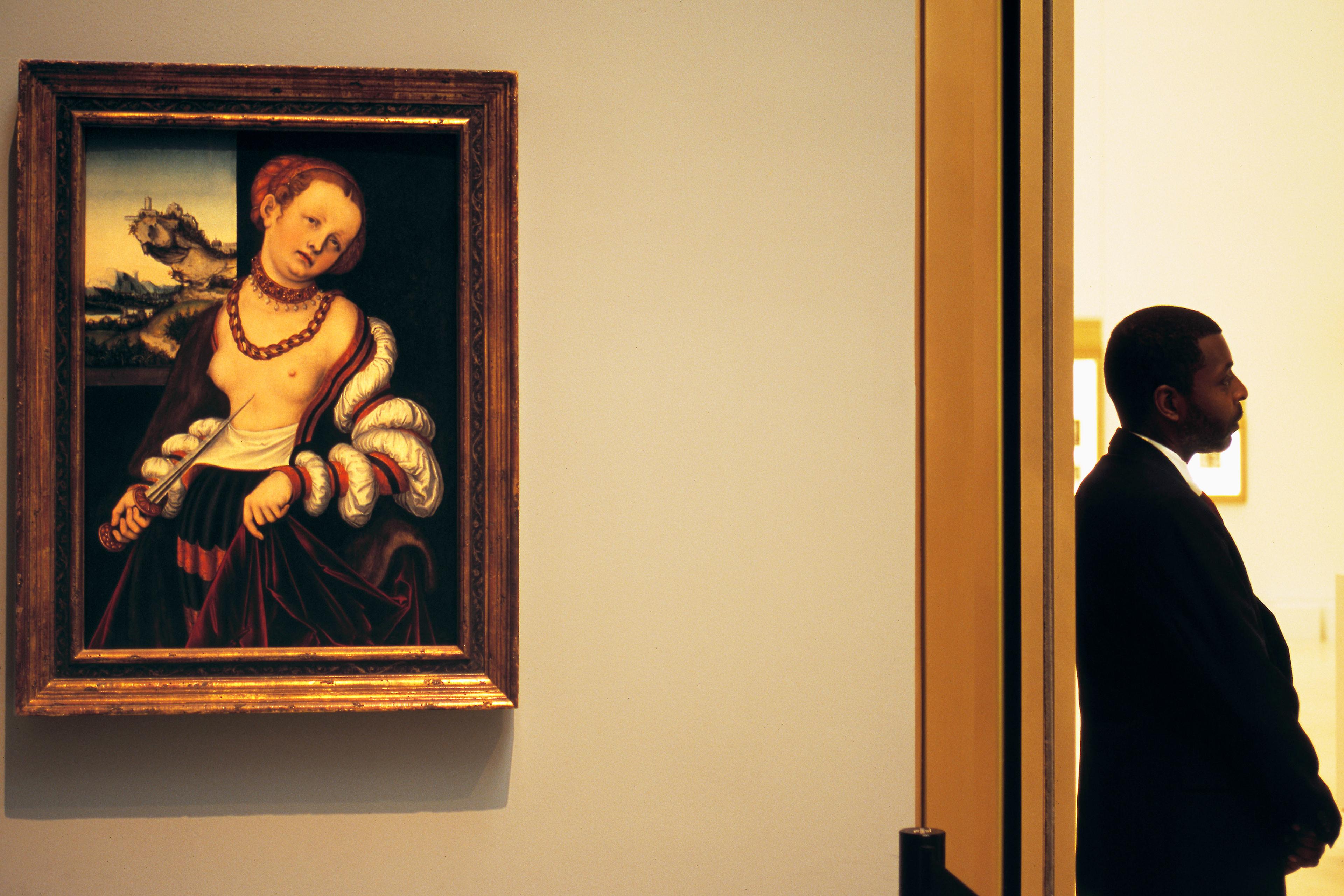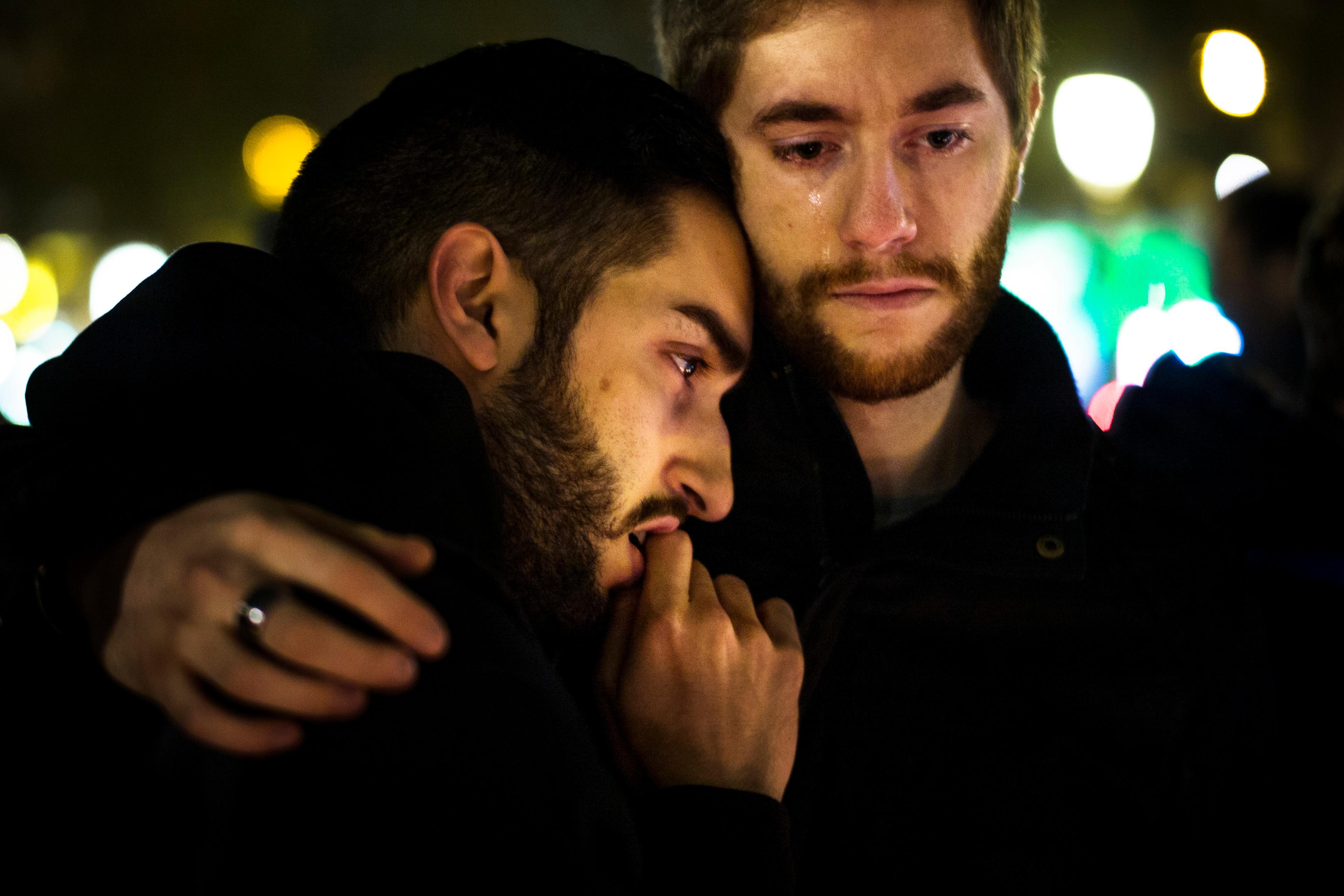When I was an adolescent, time spent with my first girlfriend – a title very quickly rescinded – was as exhilarating as it was onerous. The cause of the former was straightforward, but that of the latter was specific to that juncture in my life: I felt that a beat of dead air was a solemn mark against me, and every moment must be filled with witty and memorable words. Before our meetings, I would tabulate, sometimes physically putting to paper, all the interesting, intriguing, titillating things I could mention. I treated hanging out like a state examination. You can imagine why she lunged at the first opportunity to become an ex.
But we remained – and remain – close friends, and some time after our ill-starred relationship ended, something indelible happened: we had our first real silence. Late in a balmy summer night, conversation extinguished itself and, for some reason, nothing else was said. I’ve had a lot of beautiful silences since then, but it remains the most poignant.
I was reminded of this experience by Emil Cioran, the brooding and sardonic Romanian French philosopher, who was actually capable of stringing together witty and memorable words. ‘True contact between beings,’ he wrote, ‘is established only by mute presence, by apparent non-communication, by that mysterious and wordless exchange which resembles inward prayer.’
Silences between people, of course, have all sorts of meanings, and Cioran is far from the only philosopher to write about silence. But here he incomparably evokes the strange intimacy that inheres in the best kinds of silence. Perhaps the next time you are fortunate enough to inhabit this kind of silence with someone important to you, you’ll think of ‘true contact’.
